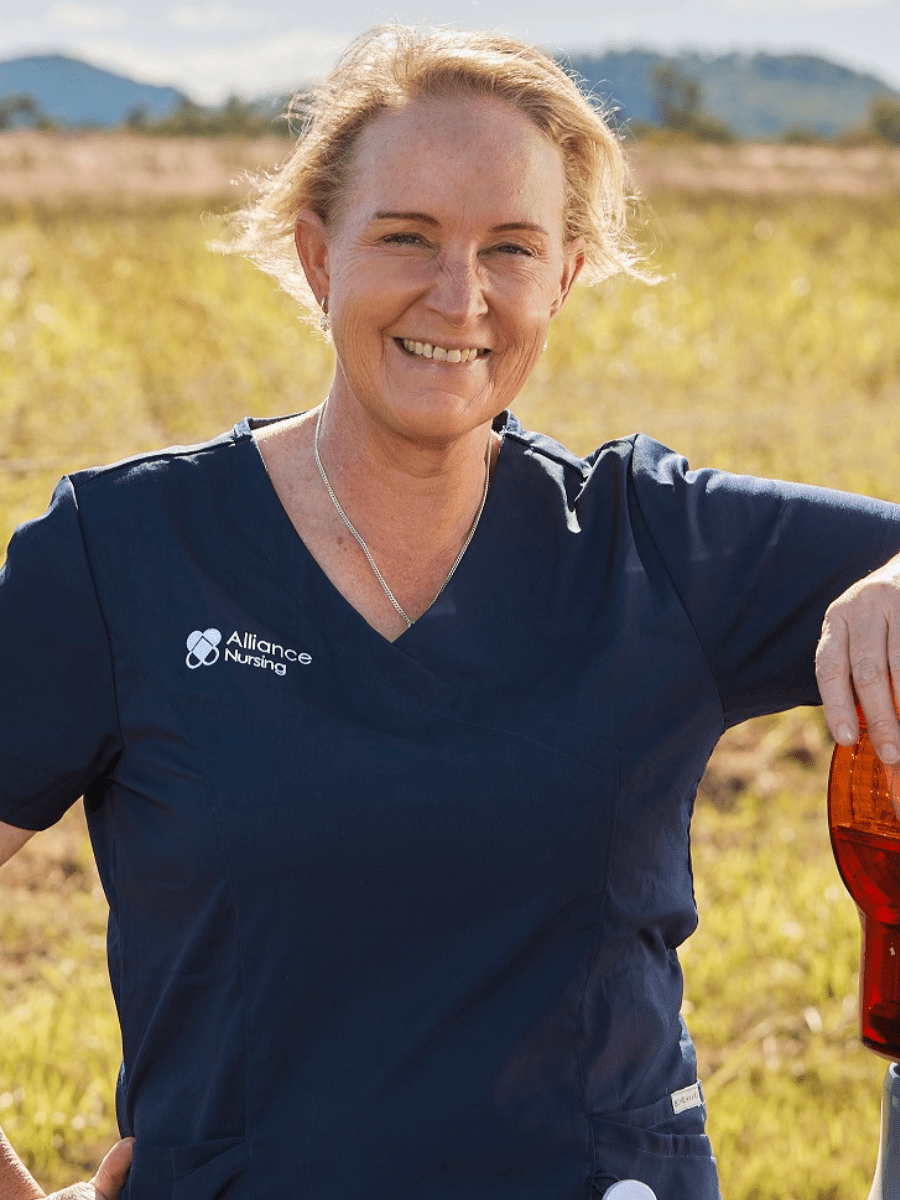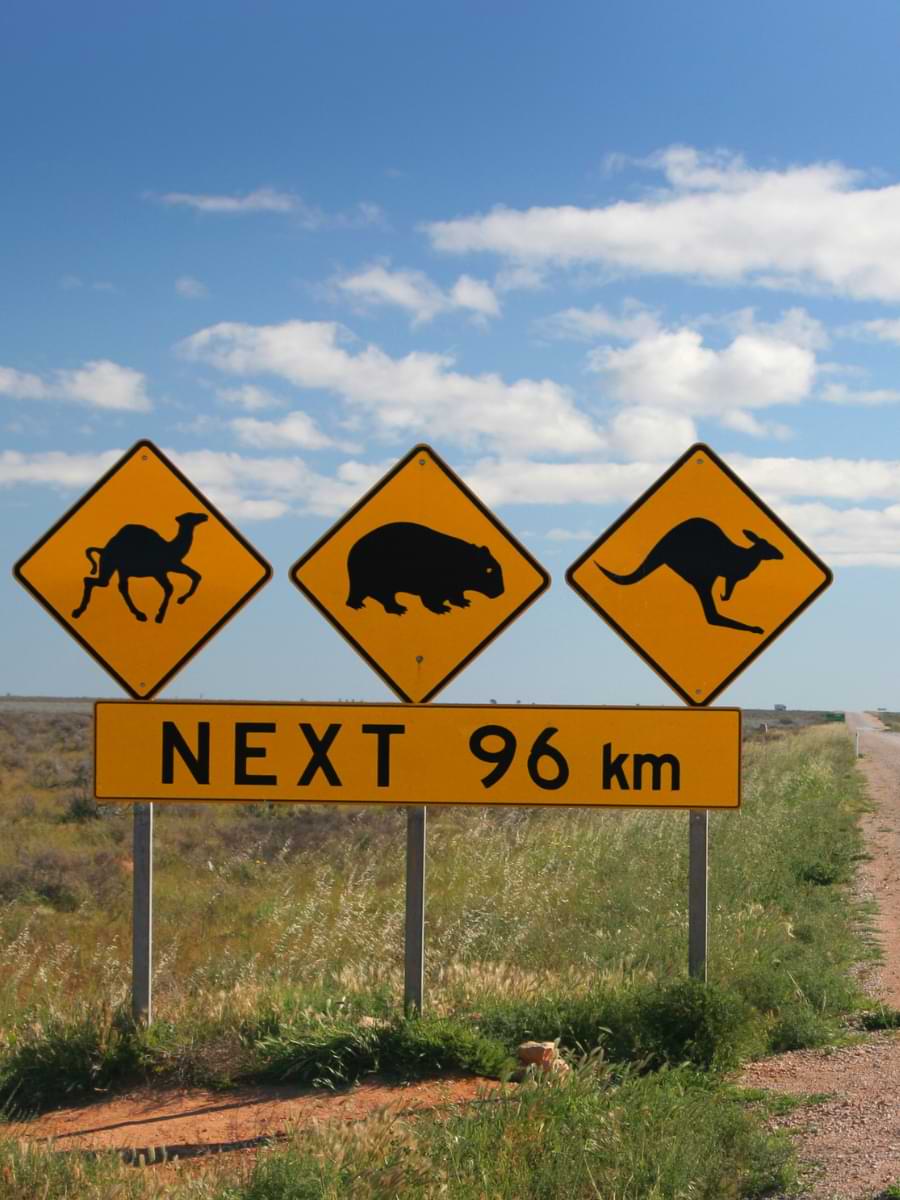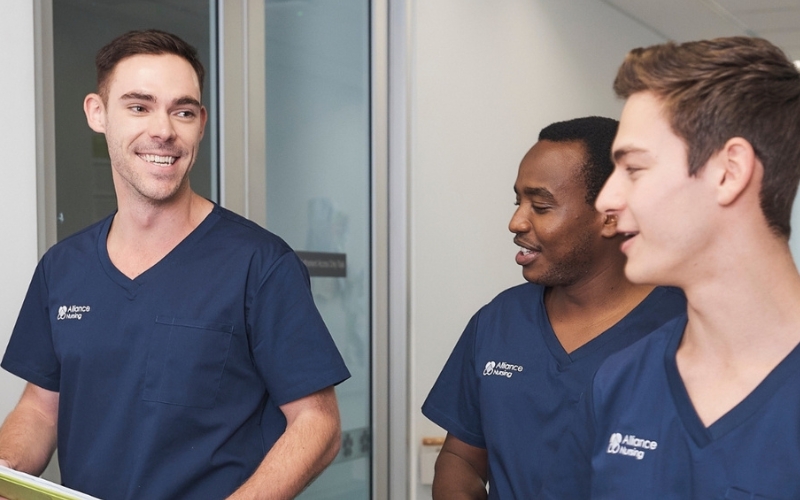If you want a nursing job that takes you away from the bright lights for a new adventure, experience and lifestyle - then a rural/remote placement could be just the thing...
It’s what our sister brand Alliance Rural & Remote Health (ARRH) specialises in. Placing nurses where you’re the heart of the community, and where variety is the spice of life. In fact, many rural and remote area nurses say this is the most rewarding part of their careers.
Before you start applying for rural and remote nursing jobs across Australia it’s important to know how these roles differ from those in the big city.


What’s the difference between rural, regional and remote nursing
The difference comes down to the size of the community and what type of healthcare needs they have. Let’s look at each type of location in more detail:
Regional nursing jobs are in larger towns and smaller cities outside of the state capitals. You will typically be working in a well-resourced hospital or clinic, which is a good place to get started.
Rural nursing jobs will be based in small towns and rural communities with smaller populations. Here you will provide a wide range of care, including general practice, emergency care, as well as community health programs.
Remote nursing jobs are in very small towns or rural communities with populations less than 5,000. You will have to work independently and think on your feet and could be the only medical help for many miles around. This also means you need to have the experience and confidence to provide a wide range of healthcare services. One day, you could be dealing with a heart attack – and the next, delivering a baby.


What qualifications do I need?
To work as a rural and remote nurse you need to be a qualified Registered Nurse with a minimum of two years clinical experience after graduating. You will be expected to ‘hit the ground running’, so this experience will be valuable to you in rural and remote settings.
You may also need to learn some new skills, and attend some recommended courses, so you can face all the challenges of working in these locations.
Recommended courses for rural and remote nursing roles
Here are some we recommend:
Remote Emergency Care (REC)
This course teaches you how to respond to emergencies and provide safe, high-quality care in remote and isolated settings.
Maternity Emergency Care (MEC)
This course teaches you how to provide emergency care for pregnant, birthing, and postpartum women and their babies in rural or remote settings.
Pharmacotherapeutics
This Centre for Remote Health course teaches you how to use medications safely and effectively, including how to understand the risks and benefits of different treatments.
Immunisation Course
This course is nationally accredited by the Health Education Services Australia (HESA) and teaches you how to safely administer vaccines.
Advanced Life Support (ALS)
This course teaches advanced skills in managing deteriorating patient and cardiac arrest, and extends the skills learnt in Basic Life Support (BLS.
Having certificates like REC, MEC and Pharmacotherapeutics will definitely open doors for you, and help secure nursing agency contracts in rural and remote locations across Australia. If you would like more information on the course get in touch with ARRH and we they will point you in the right direction, as there are lots of different companies running these.

Finding a rural and remote nursing agency
If you have the experience and skills then get in touch with ARRH. It’s as easy as registering with them, to get the ball rolling. Or feel free to call them on 07 4998 5550.
